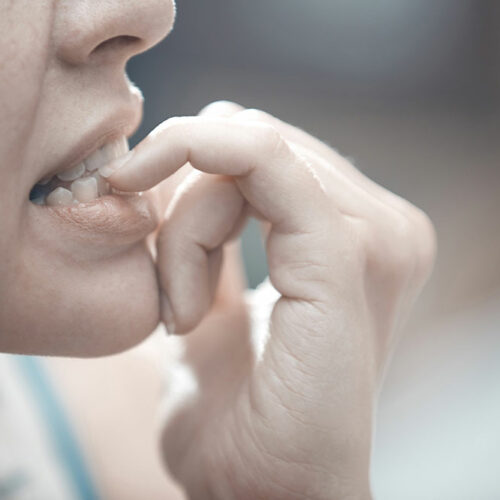5 high-risk public places for respiratory viruses

Respiratory illnesses are generally contracted through air. Social distancing is the best way to prevent the transmission of such illnesses, as the viruses that cause them tend to travel via airborne channels. In certain public zones, social distancing is harder than in other areas. In such zones, even if a single person is carrying a virus that causes respiratory illnesses, it can make many people sick. Some such high-risk public places are listed here: Public pools For many people, summer vacations simply translate into an endless array of pool parties and swimming lessons. This is why, public pools are generally full of kids and adults just having a refreshing and good time as they unwind during the summer. Unfortunately, such zones are also home to many types of bacteria and viruses. The Centers for Disease Control and Prevention (CDC) has reported that the average swimmer contributes to about 0.14 grams of fecal matter in pools when they enter the water. Unsurprisingly, public pools also have people in close proximity and several commonly touched surfaces like pool steps, the water, door handles, and similar others. Therefore, public pools often become hotspots for respiratory viruses and disease outbreaks now and then. Beaches Like pools, beaches are also hot property during vacations for a legion of summer lovers.






